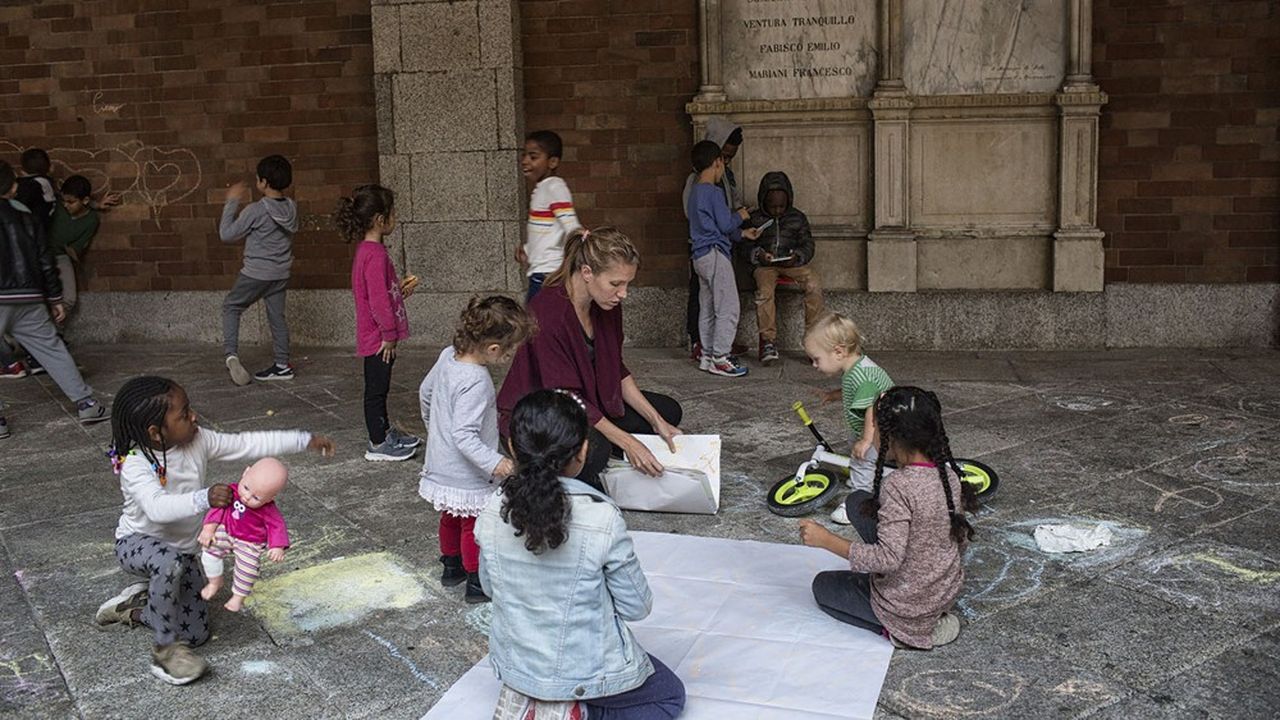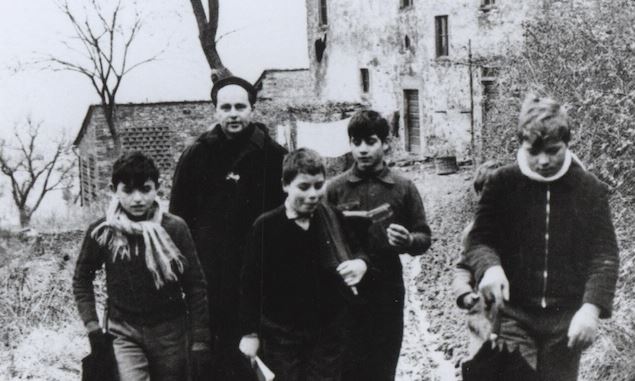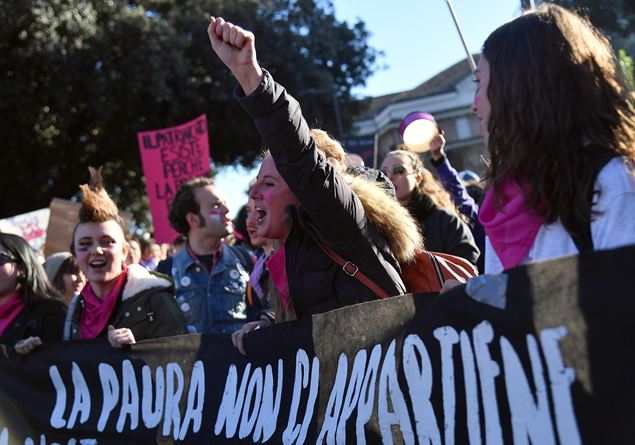
The school year is approaching, and school is naturally at the heart of the Italian public debate. This year, however, it is not about the school curriculum or the arrangement of class schedules, but about citizenship.
Antonio Tajani, vice-president of the Council, Minister of Foreign Affairs and leader of Forza Italia, is at the origin of a virulent controversy that is shaking the coalition of the right in power. He believes that the very strict rules for obtaining Italian nationality should be changed to grant it to the children of immigrants who have followed the compulsory education cycle in the peninsula.
The good results of Italian athletes, often of foreign origin, at the Paris Olympics have rekindled the nagging debate on the methods of acquiring nationality. Today, it is the right of blood that prevails, and it is not the nationalist government of Giorgia Meloni, who came to power by criticizing immigration, who would be ready to change it. Antonio Tajani’s remarks have thus surprised within his own camp.
“Italy has changed, let’s wake up!”
“Being Italian, European or patriotic is not linked to the previous seven generations, but to the concept of being what one is,” he said last week. “Maybe it’s my Christian education, but for me there is no difference of color or ethnic origin. A good Italian is someone who believes in Italy, knows it, defends it. How many soldiers who are children of foreigners are there in our army? And then let’s look at the athletes, the schools our children attend. Italy has changed, let’s wake up!”
It is above all the law that he wants to change, by introducing the “ius scholae”. This would involve granting Italian citizenship to children born in Italy to foreign parents or who arrived in the country before the age of 12, provided that they have attended school for at least ten years without interruption in Italy. The introduction of the ius scholae would allow Italy to register more than 500,000 new citizens in five years. A godsend for a country that is going through a dramatic demographic winter. But while the left-wing opposition is rejoicing at the turnaround of one of the main parties in the ruling coalition, Matteo Salvini’s League, which is part of the Meloni government, is crying betrayal.
Occupying the center of the political spectrum
Salvini castigates “a compromise of Forza Italia with the left”. “The law on citizenship is fine as it is. There is no need for jus soli or shortcuts. If they insist, they will jeopardize the stability of the government. It is not in our program and our priorities are very different.” Antonio Tajani acknowledges that the question of ius scholae is not part of the government program. “But government programs do not always have everything, they can be enriched,” he says.
For political scientist Antonio Noto, the leader of Forza Italia “takes note of the evolution of Italian society”. “One in two voters, even on the right, is in favour of a relaxation of the granting of citizenship. There is also a political calculation. Faced with the radicalisation of the League and Giorgia Meloni who wants to embody a conservative force, Antonio Tajani wants to occupy the centre of the political spectrum.”
He is also responding to the demands of his Forza Italia party’s main backers, the Berlusconi family. They have asked him to distance himself from his allies in the coalition. With financial margins very limited for drawing up the next budget, social issues are perfect themes. Earlier this summer, Silvio Berlusconi’s daughter Marina made headlines by declaring that she “agreed more often with the left than with the government on civil rights.”







